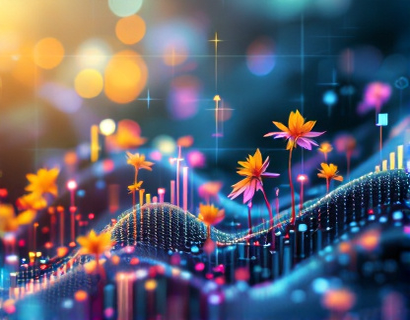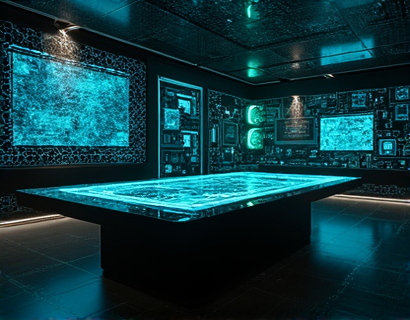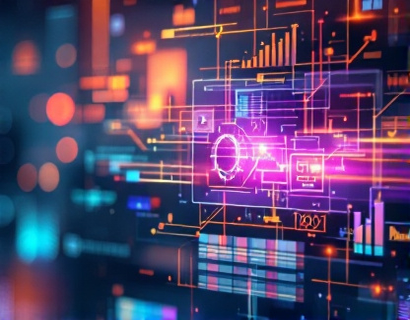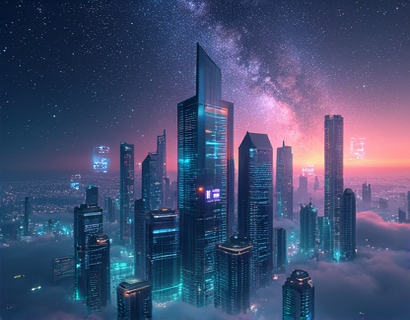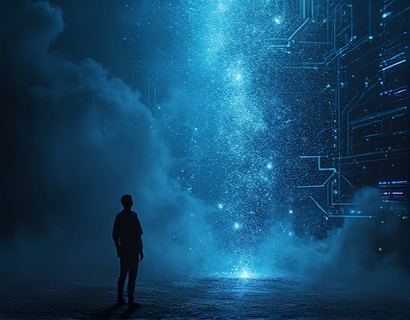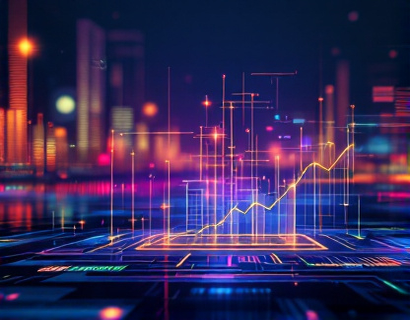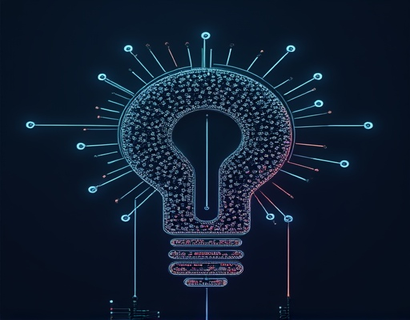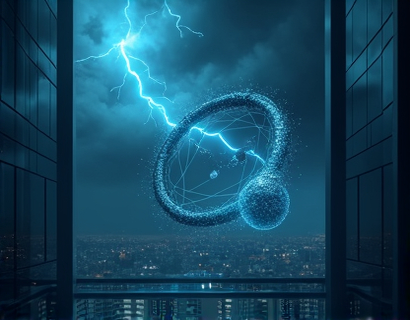AI-Powered Music Composition: Transforming the Creative Process
The integration of artificial intelligence in music composition has ushered in a new era of creativity and innovation. This technological advancement allows musicians and composers to harness the power of intelligent software tools, streamlining the composition and production process. These tools not only enhance creativity but also improve sound quality, making music creation more accessible and efficient. This article delves into the world of AI-powered music composition, exploring how these tools are revolutionizing the industry and providing unprecedented opportunities for artists of all levels.
Understanding AI in Music Composition
AI in music composition refers to the use of algorithms and machine learning models to generate, manipulate, and enhance musical content. These systems can analyze vast amounts of musical data, identify patterns, and create new compositions based on learned styles and structures. The core of AI music composition lies in its ability to understand and replicate the complexities of human creativity, albeit through computational methods.
The development of AI music tools has been driven by advancements in machine learning, particularly in areas such as neural networks and deep learning. These technologies enable AI systems to process and generate music with a level of sophistication that was previously unimaginable. By training on extensive datasets of musical pieces, AI can learn the nuances of different genres, styles, and even individual artists, allowing it to produce music that resonates with human listeners.
Benefits of AI-Powered Music Tools
One of the most significant advantages of AI-powered music tools is the time and effort they save. Traditional music composition and production can be a labor-intensive process, involving hours of experimentation and refinement. AI tools can automate repetitive tasks, such as chord progression generation, melody creation, and arrangement, allowing artists to focus on the creative aspects of their work. This efficiency not only accelerates the production timeline but also reduces the cognitive load on the composer.
Moreover, AI tools offer a level of precision and consistency that human composers might find challenging to achieve. For instance, AI can generate harmonies and countermelodies that are mathematically perfect, ensuring that the music adheres to established musical theories. This precision can elevate the overall sound quality, making the final product more polished and professional.
Enhancing Creativity with AI
Contrary to the common misconception that AI will replace human creativity, these tools actually serve as powerful collaborators. AI can inspire new ideas and push the boundaries of what is possible in music composition. By analyzing vast musical libraries, AI can suggest unique combinations of notes, rhythms, and harmonies that a human composer might not have considered. This collaborative approach can lead to innovative and groundbreaking music that blends human intuition with computational intelligence.
For example, AI can generate initial drafts of a piece, which the composer can then refine and expand upon. This iterative process allows for a dynamic interplay between human creativity and AI-generated content, resulting in a final product that is both original and compelling. The AI acts as a sounding board, providing options and variations that can spark new creative directions.
User-Friendly Interfaces and Accessibility
One of the key factors contributing to the widespread adoption of AI music tools is their user-friendly interfaces. These tools are designed to be accessible to both professional artists and emerging creators, regardless of their technical background. Intuitive drag-and-drop interfaces, visual editors, and step-by-step guides make it easy for users to navigate and utilize the software's features.
Additionally, many AI music tools offer cloud-based solutions, allowing users to access their projects from any device with an internet connection. This flexibility ensures that artists can work on their music anytime, anywhere, further enhancing the creative process. The ability to collaborate in real-time with other musicians and producers also adds a new dimension to the music-making experience.
Customization and Personalization
AI-powered music tools are highly customizable, allowing users to tailor the software to their specific needs and preferences. Parameters such as genre, tempo, mood, and instrumentation can be adjusted to match the desired style and atmosphere of the composition. This level of control ensures that the AI-generated content aligns perfectly with the artist's vision, providing a seamless integration into the creative workflow.
Furthermore, many AI tools offer machine learning capabilities that adapt to the user's preferences over time. As the artist interacts with the software, the AI learns their favorite styles and techniques, refining its suggestions and outputs to better suit their needs. This personalization not only enhances the user experience but also fosters a deeper connection between the artist and the tool.
Case Studies and Real-World Applications
To better understand the impact of AI in music composition, let's explore some real-world examples. One notable case is the use of AI in film scoring. Composers can leverage AI tools to generate background scores that match the emotional tone of a scene. The AI can analyze the visual content and suggest musical themes that enhance the storytelling, saving time and resources compared to traditional scoring methods.
Another example is in the realm of electronic music production. Artists can use AI to create complex beats and soundscapes, experimenting with unique textures and rhythms that would be difficult to achieve manually. This has led to the emergence of new subgenres and innovative sounds that are reshaping the electronic music landscape.
In the classical music domain, AI has been used to compose new pieces in the style of renowned composers like Bach or Beethoven. These AI-generated compositions have been performed by orchestras and received critical acclaim, demonstrating the potential of AI to push the boundaries of classical music.
Challenges and Ethical Considerations
While AI-powered music tools offer numerous benefits, they also come with challenges and ethical considerations. One of the primary concerns is the potential for over-reliance on AI, which could stifle human creativity and originality. It is essential for artists to use these tools as aids rather than crutches, maintaining their unique voice and artistic integrity.
Another issue is the ownership and copyright of AI-generated music. As AI systems create content based on existing works, questions arise about who owns the rights to the final product. Legal frameworks need to evolve to address these new challenges, ensuring that creators are fairly compensated for their work.
Additionally, there is a risk of homogenization in music, where AI-generated content might lack the diversity and individuality that human composers bring. To mitigate this, it is crucial to promote a balanced approach where AI complements human creativity rather than replacing it.
Future Trends in AI Music Composition
The future of AI in music composition is promising, with ongoing research and development poised to bring even more advanced tools to the market. One area of focus is the integration of natural language processing (NLP) to allow composers to create music using text-based commands. This could further simplify the composition process, making it accessible to a broader audience.
Another exciting development is the use of AI in live performances. Real-time AI systems can analyze the performance and generate accompanying music or effects, creating a dynamic and interactive experience for both the performers and the audience. This could revolutionize live music events, offering new possibilities for artists to engage with their fans.
Moreover, the combination of AI with other emerging technologies, such as virtual reality (VR) and augmented reality (AR), is opening up new frontiers in music creation and consumption. Artists can create immersive musical experiences that transport listeners to virtual worlds, enhancing the emotional impact of the music.
Conclusion
AI-powered music composition tools are transforming the way musicians and composers create and produce music. By streamlining the creative process, enhancing creativity, and improving sound quality, these tools are empowering artists to reach new heights. As the technology continues to evolve, it is essential to embrace these innovations while maintaining a balance between human creativity and computational assistance. The future of music creation is bright, with AI serving as a powerful ally in the artistic journey.





